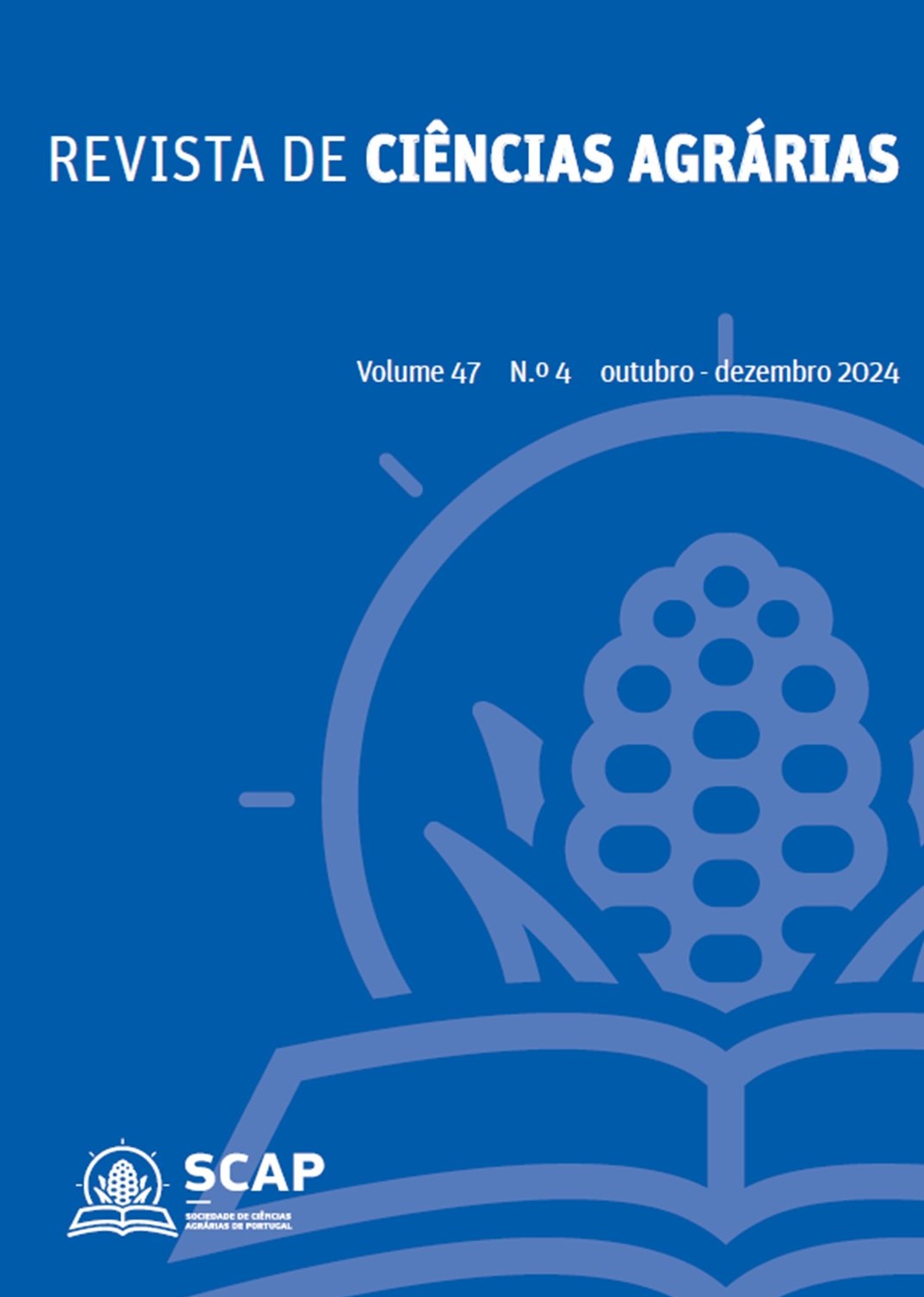Effect of biochar (BioC) application on nitrogen mineralization from organic matter in a sandy soil
DOI:
https://doi.org/10.19084/rca.38923Abstract
In sandy soils, the aeration and biological accessibility conditions accelerate the mineralization of organic matter. The application of biochar (BioC), a carbonaceous material produced through pyrolysis, has been used to improve soil fertility, although its effects on the biological processes of organic matter transformation remain poorly understood. A biological incubation assay was conducted under laboratory conditions to evaluate the mineralization process in sandy soil, both without (control) and with the addition of BioC (1%) (w/w). Soil NH4+ and NO3- contents were analysed at 0, 3, 7, 14, and 28 days of incubation to evaluated mineralized N (Nmin). The Nmin values were adjusted to an asymptotic exponential model of one pool to estimate the respective constants, N0 and kN. The model revealed high predictability, explaining over 99% of the Nmin in both treatments, with N0 and kN values of 8.8, 12.4 mg kg-1 and 0.092, 0.134 day-1 for the soil with and without BioC, respectively. The high specific surface area and retention capacity of BioC appeared to provide protection for soil organic matter, explaining the reduction of the quantity and dynamics of N transformation, reflected in a 29% decrease in N0 and a 31% decrease in kN, with BioC addition. The addition of BioC may be an important strategy for sustaining soil fertility.


